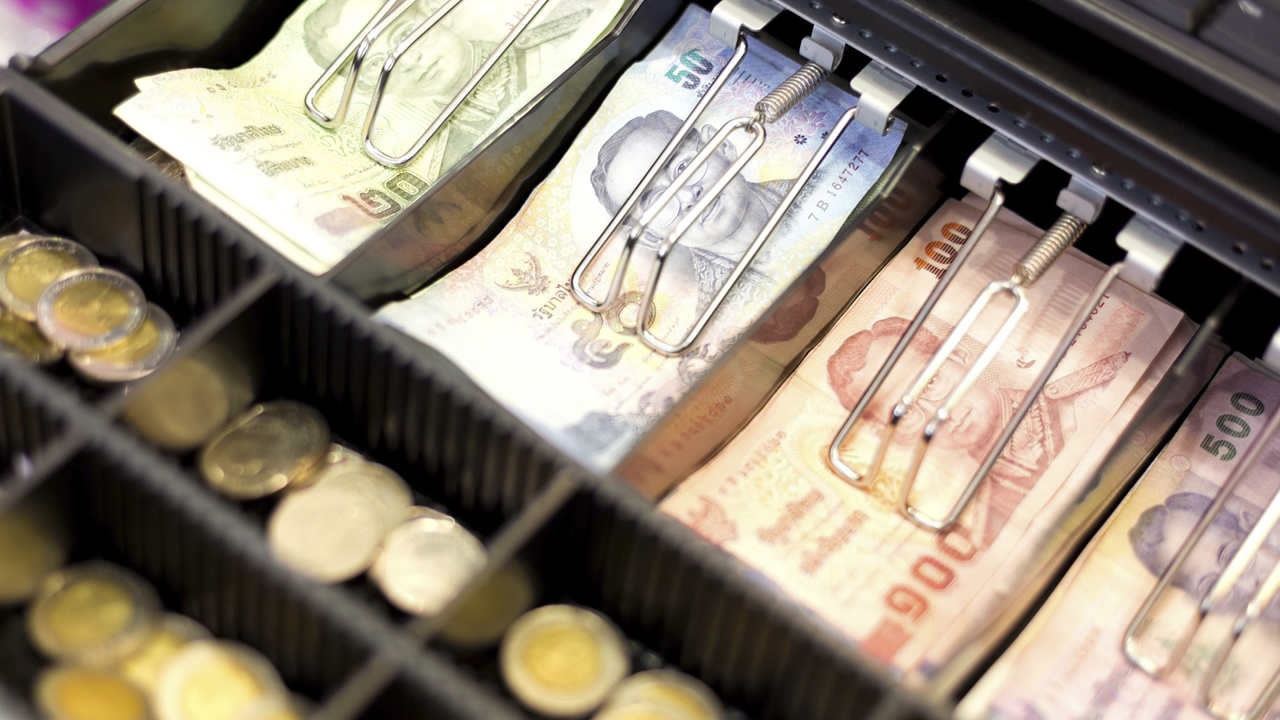By CGTN’s Tony Cheng
The Belt and Road Initiative builds the bridge between China and Thailand. It makes an open door for overseas investors stepping in China. At the same time, it allows Chinese culture and high-tech innovation stepping out.

VCG Photo
Investing in Shanghai’s stock exchange has been complicated for foreigner with limits on currency movement and overseas money. Now with the Belt and Road Initiative, foreign investors can get access to Shanghai’s securities markets through certain authorized foreign banks, not just big banks from the US and Europe, but also banks from countries alongside the Belt and Road Initiative.
Thai’s Kasikorn Bank, as an example, is offering its customers the chance to invest in China. And expert says such opportunity may be more attractive, since Thais prefer to invest in the place close to home.
“Because they think they know the culture, the economy of the country and they can easily understand,” said Navin Intharasombat, the Executive Vice President of Foreign Investment Division at Kasikorn Bank.
CGTN
As Thai investment heads to China, Chinese innovation is growing in Thailand. Chinese solar panel manufacturers have taken a logical step and opened a factory in Thailand. Thirty-five new Chinese factories have opened in Thailand since the launch of the Belt and Road Initiative, with an industrial output of 5.5 billion US dollars.
"We hope to show to the world that we don't want to do businesses in the traditional way of opening restaurants or shops; instead, we want to develop real modern, competitive and high-tech manufacturing industries, which is also a Chinese business card," said Wang Licheng, the chairman of Holley Group.
Not only is the Chinese new-tech industry emerging, but also is Chinese traditional medicine increasing in popularity in Thailand.
CGTN
“Previously, most patients may go to a Western doctor first. And they will change to a Chinese doctor for acupuncture and Chinese herbs only if the Western methods do not help,” said Dr. Wang Xiaotao, an oriental medicine faculty at Rangsit University.
But now, Thailand is no stranger to the possibilities offered by traditional Chinese medicine. 10,000 places will be offered at centers of Chinese medical expertise around the country giving the students an opportunity to learn from expert practitioners. And several universities in Thailand have expressed a keenness to send students to China. The change seems to be a signal that China’s new “silk road” appears to be reaping rewards.
Related stories:









